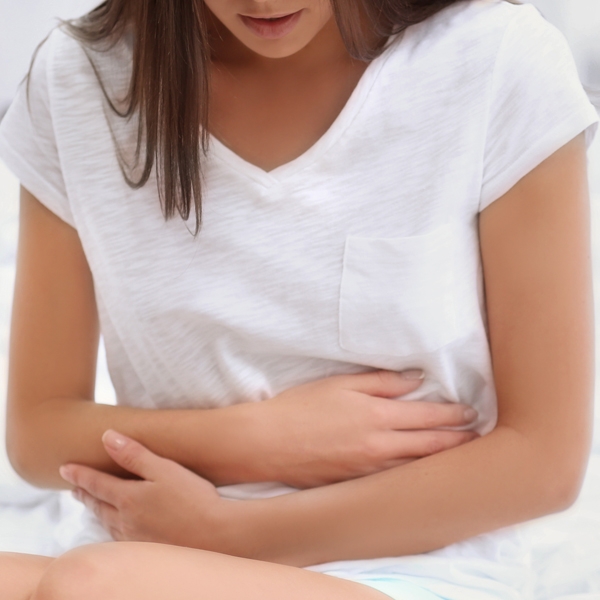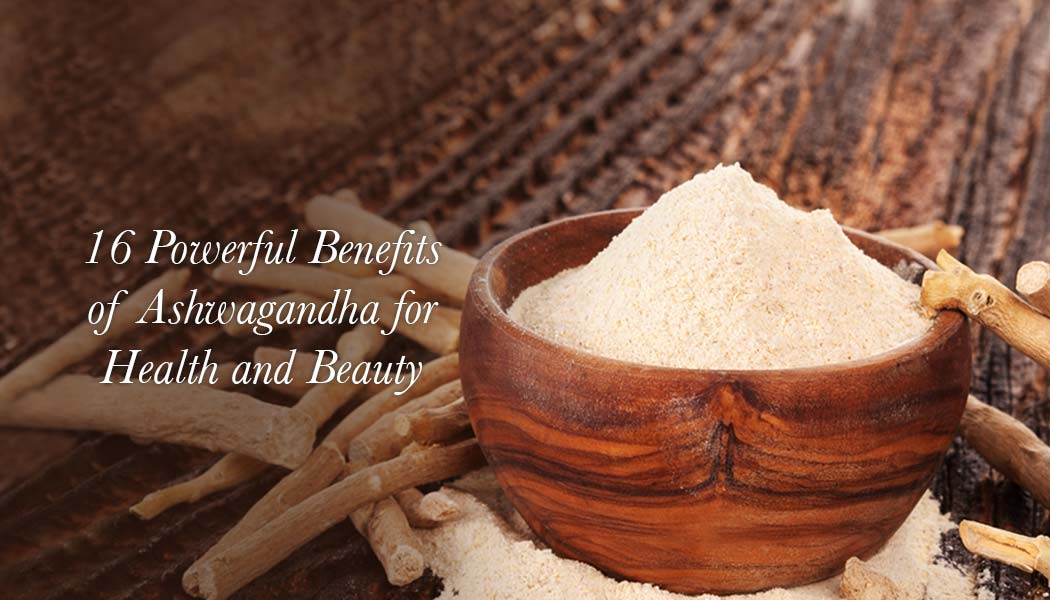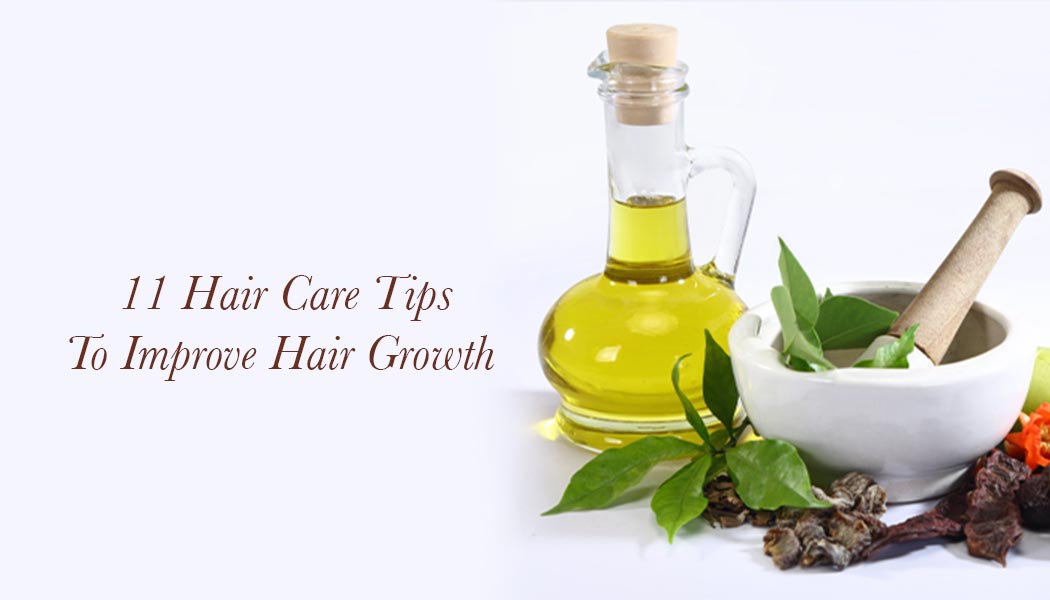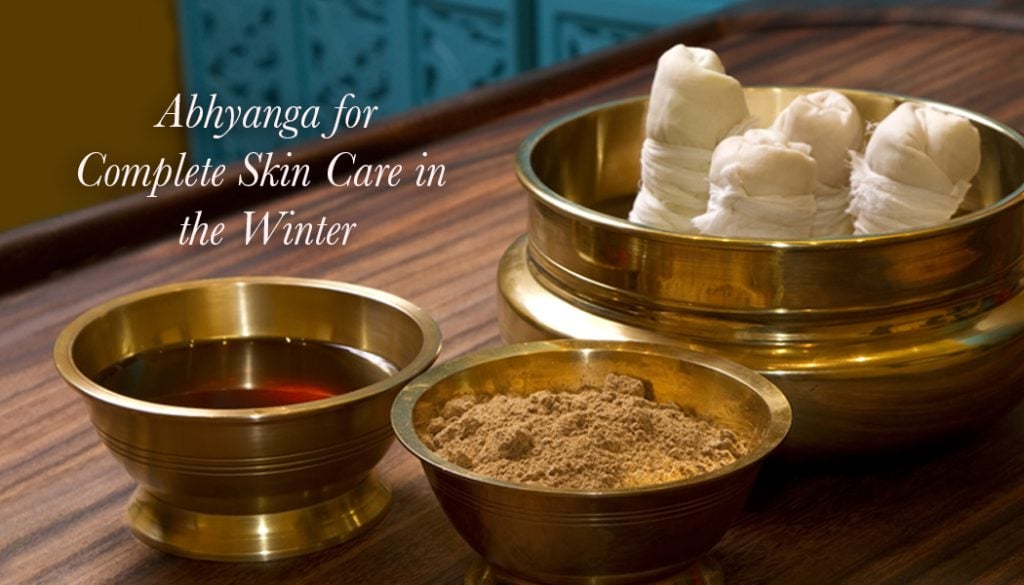- 27 July 2018
- 4 mins read
Ayurveda is essentially Feminine in its essence. It is an extension of the Primal Goddess. She nurtures, self-rejuvenates, self-heals: and gives creative form and shape to omnipresent Prana, or Life-Giving Energy. The Tridosha principle of Ayurveda represents the basic character of Nature’s elements. Broadly speaking, Vata (Air/Space or Ether) is for movement, Pitta (Fire/Water) is for transformation; and Kapha (Earth/Water) is for consolidation and structuring.
The Monsoon Season is a sensitive period of transition, that renders your body vulnerable to infections, environmental toxins, or sporadic lifestyle choices that wreak havoc with your metabolism. If you are aware that you have PCOD, then it is important to keep an eye on how fluctuations in the environment can affect the way your body responds to them, potentially intensifying the daily manifestations of the condition.
WOMEN AS A MANIFESTATION OF MOTHER NATURE
Ayurveda is sensitised to the Female body being Sukumara (Sanskrit: gentle, delicate, fragile). This is not to imply weakness. On the contrary, it draws Feminine Balance and Balance in Nature; and the intricate connection between them. When a female body menstruates, it expresses, in one of many significant ways, that it is able to do exactly what Mother Nature does – produce, reproduce, feed and develop.
PCOD AND PCOS
People often the terms Polycystic Ovarian Disorder (PCOD) and Polycystic Ovarian Disorder (PCOS) interchangeably. They are connected, in that they are associated with the ovaries and are causal factors of infertility. However, in PCOS, the ovaries produce unusual levels of androgens, which increase testosterone levels, leading to hirsutism. They affect healthy egg development as well. Some of the eggs become liquid-filled sacs, or cysts, which build up in the ovaries and may even get enlarged. In PCOD, mature eggs do not get discharged and collect in the ovaries due to hormonal imbalances. These imbalances affect follicular growth during the ovarian cycle, causing the affected follicles to remain in the ovary. When the follicles do not mature, ovulation does not take place.

AYURVEDA DESCRIBES PCOD
Ayurveda attributes the disruption in healthy ovulation to Kapha and VataDosha imbalances. Akasha Mahabhuta, or Space, is represented in the female body by the hollow space of the reproductive cavity. During the ovarian cycle, Vata is responsible for follicular movement, the rupture of the ovarian wall releasing the matured ovum; and the movement of fimbriae, or the finger-like projections that guide the ovum through the fallopian tubes and into the uterus. Kapha provides nourishment for the uterus, aids follicular growth, and the development of (a fertilised) egg into a foetus. According to Ayurveda, what we understand as hormones, represent the ‘fire’ elements of human tissue, and therefore, PittaDosha, which stands for transformation; in the way that Vata stands for mobility, and Kapha for consolidation and ‘security.’
The ‘cold and sticky’ qualities of an imbalanced Kapha affect digestive fire, or agni, which in turn affects the metabolic rates of the tissues, or dhatus. The dhatus affected in PCOD are rasa dhatu (lymph and plasma), medha dhatu (adipose tissue) and artava dhatu (the female reproductive system).
LIFESTYLE IMPROVEMENTS FOR PCOD
- PHYSICAL FITNESS
It is absolutely necessary to include some form of exercise, sports, or general physical activity into your daily routine, even if for 15-20 minutes. Regular exercise burns calories and helps reduce the uncharacteristic weight gain that is often associated with PCOD, but it also helps stabilise the metabolic rates of the body, which will in turn help stabilise the imbalanced Doshas that aggravate PCOD.
- DIETARY CHANGES
Excessive intake of stimulants, like tea or coffee should be avoided, although lighter versions of black tea, or green tea should not prove to be harmful. A Kapha-friendly diet would include ‘light and airy’ or warm foods instead of those that sit heavily in the body. Fruits and vegetables, preferably cooked would be beneficial. Moderate amounts of raw vegetables can be eaten during comparatively warmer months of the year. Dense foods, like breads, pastas, puddings, deep-fried foods and hard cheeses should be avoided. Warm foods would also include those flavoured with pungent, bitter or astringent spices, such as chillies, cardamom, cloves, ginger, garlic or turmeric.
- CHANGE OF PACE – TRY TO RELAX
Women suffering from PCOD, or PCOS are prone to frequent mood swings, depression and also emotional eating – which further aggravates the ‘slow-moving’ quality of Kapha's digestive processes. It is important to adopt a bright, happy and optimistic view on life, especially as living with delicate gynaecological problems can consciously or subconsciously affect confidence and self-esteem. Try to keep aside time for meditation and deep-breathing exercises, or any hobbies that you may be particularly passionate about.

Ayurvedic interventions do take time, because their positive impacts are deep-seated and long-lasting. By nature, they are designed such that they recalibrate and strengthen your body’s orchestration with Mother Nature’s rhythms. Should you choose to adopt Ayurveda on your journey of understanding, introspection and everyday healing, you can expect a qualitative difference and a deep sense of peace and enrichment.



















